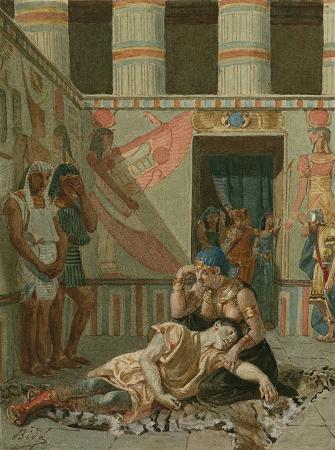Folger Shakespeare Library. The Folger Shakespeare Library is an independent research library on Capitol Hill in Washington, D.C., in the United States. It has the world's largest collection of the printed works of William Shakespeare, and is a primary repository for rare materials from the early modern period. The library was established by Henry Clay Folger in association with his wife, Emily Jordan Folger. It opened in 1932, two years after his death. The library offers advanced scholarly programs and national outreach to K-12 classroom teachers on Shakespeare education. Other performances and events at the Folger include the award-winning Folger Theatre, which produces Shakespeare-inspired theater; Folger Consort, the early-music ensemble-in-residence; the O.B. Hardison Poetry Series; the PEN/Faulkner Reading Series; and numerous other exhibits, seminars, talks and lectures, and family programs. It also has several publications, including the Folger Library editions of Shakespeare's plays, the journal Shakespeare Quarterly, the teacher resource books Shakespeare Set Free, and catalogs of exhibitions. The Folger is also a leader in methods of preserving rare materials. The library is privately endowed and administered by the Trustees of Amherst College. The library building is listed on the National Register of Historic Places. Standard Oil of New York executive Henry Clay Folger, a Phi Beta Kappa graduate of Amherst College, was an avid collector of Shakespeareana, beginning in 1889 with the purchase of a 1685 Fourth Folio. Toward the end of World War I, he and his wife Emily Jordan Folger began searching for a location for a Shakespeare library based on their collection. They chose a location adjacent to the Library of Congress in Washington, D.C. The land was then occupied by townhouses, and Folger spent several years buying the separate lots. The site was designated for expansion by the Library of Congress, but in 1928, Congress passed a resolution allowing its use for Folger's project. The cornerstone of the library was laid in May 1930, but Folger died soon afterward. The bulk of Folger's fortune was left in trust, with Amherst College as administrator, for the library. Early members of the board included Amherst graduate and former president Calvin Coolidge, second chairman of the Board of Trustees. Because of the stock market crash of 1929, Folger's estate was smaller than he had planned, although still substantial. Emily Folger, who had worked with her husband on his collection, supplied the funds to complete the project. The library opened on April 23, 1932, the anniversary of what is believed to be Shakespeare's date of birth. Emily Folger remained involved in its administration until shortly before her death in 1936. In 2005, the Folger Board of Governors undertook administration of the Folger under the auspices of the Amherst Board of Trustees, though the Amherst board continues to manage the Folger's budget. The Folger's first official reader was B. Roland Lewis, who later published The Shakespeare Documents: Facsimiles, Transliterations, Translations, and Commentary based on his research. The first fellowships were distributed in 1936. Early Folger exhibitions featured enticing items in the collection, including Ralph Waldo Emerson's copy of Shakespeare's works, an Elizabethan lute, and Edwin Booth's Richard III costume. Current practices for Folger exhibitions did not begin until 1964, when the first exhibition curated on site opened.
more...









